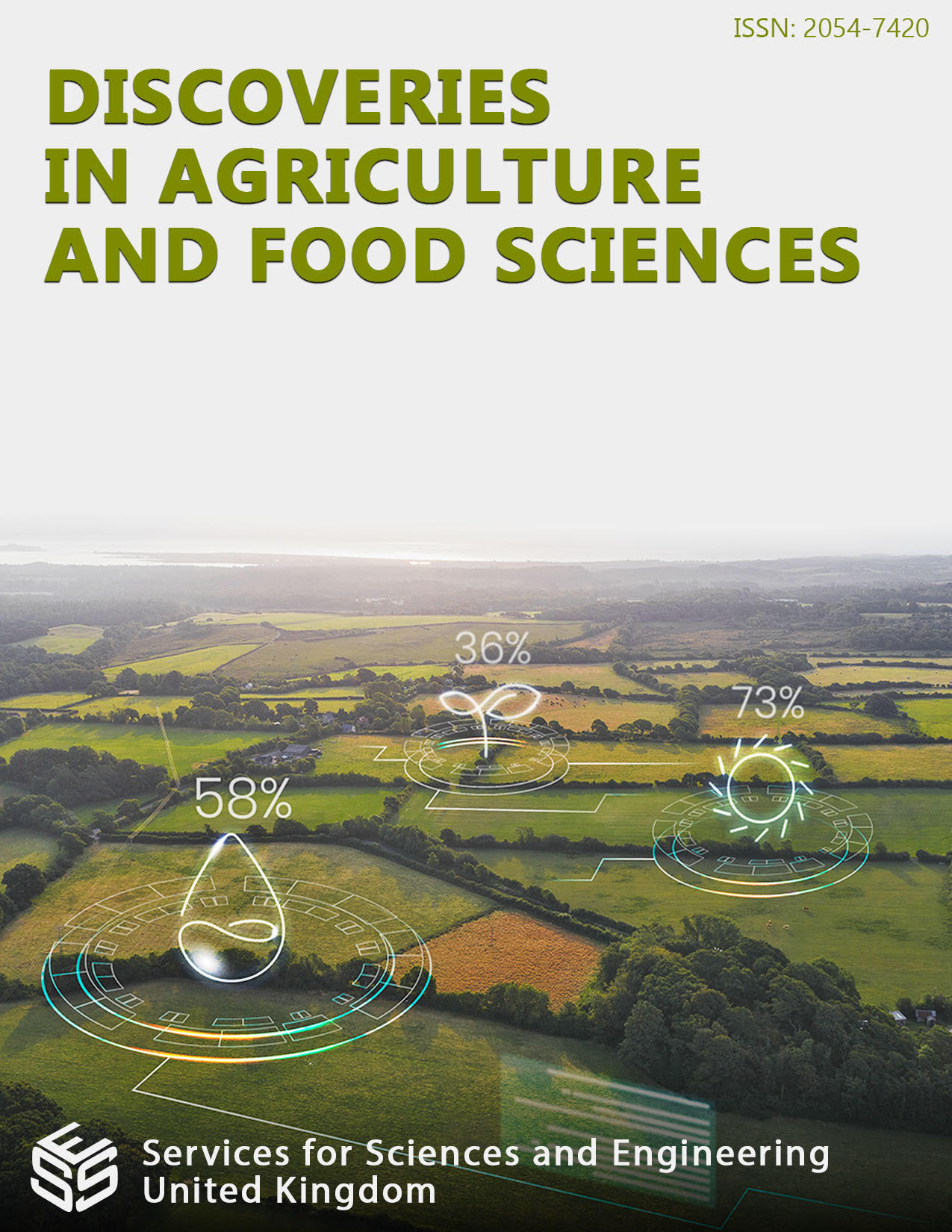Characteristics and Management of Gomma Woreda Smallholder Coffee Farms in Southwest Ethiopia
DOI:
https://doi.org/10.14738/tnc.111.14108Keywords:
coffee, slope, smallholderAbstract
In Ethiopia, coffee is a major source of income for the country and the coffee growers, whose livelihood is entirely dependent on coffee, plus not only exports but also remarkable consumption of coffee by the local community. Despite this, the management of coffee farms for smallholders is very poor at Gomma woreda, southwest Ethiopia. As a result, the objectives of this study were to assess and provide information on the management of the status and characteristics of coffee farms for smallholders in Gomma Woreda for sustainable coffee production. According to the current study, accordingly, the topography of coffee farms in the study area is within the range of sloping to moderately steep slopes. Also, the result indicated that farmers were simply expecting the benefits of shade trees and the nutrient recycling capacity of soil without soil nutrient management on coffee farms, which is why coffee farms did not give sufficient productivity. Because all of the sampled farms were more than 19 years old, concerned organizations should distribute improved coffee seedlings to smallholder coffee farmers to increase coffee productivity. The major problems in the study area of smallholder coffee farms were the effect of continued cultivation without soil fertility intervention, nutrient mining as a result of harvested products, no application of mineral fertilizer, organic fertilizer, or lime, and coffee cultivation on a steep slope without soil conservation measures.
Downloads
Published
How to Cite
Issue
Section
License
Copyright (c) 2023 Mohammed Kedir

This work is licensed under a Creative Commons Attribution 4.0 International License.






